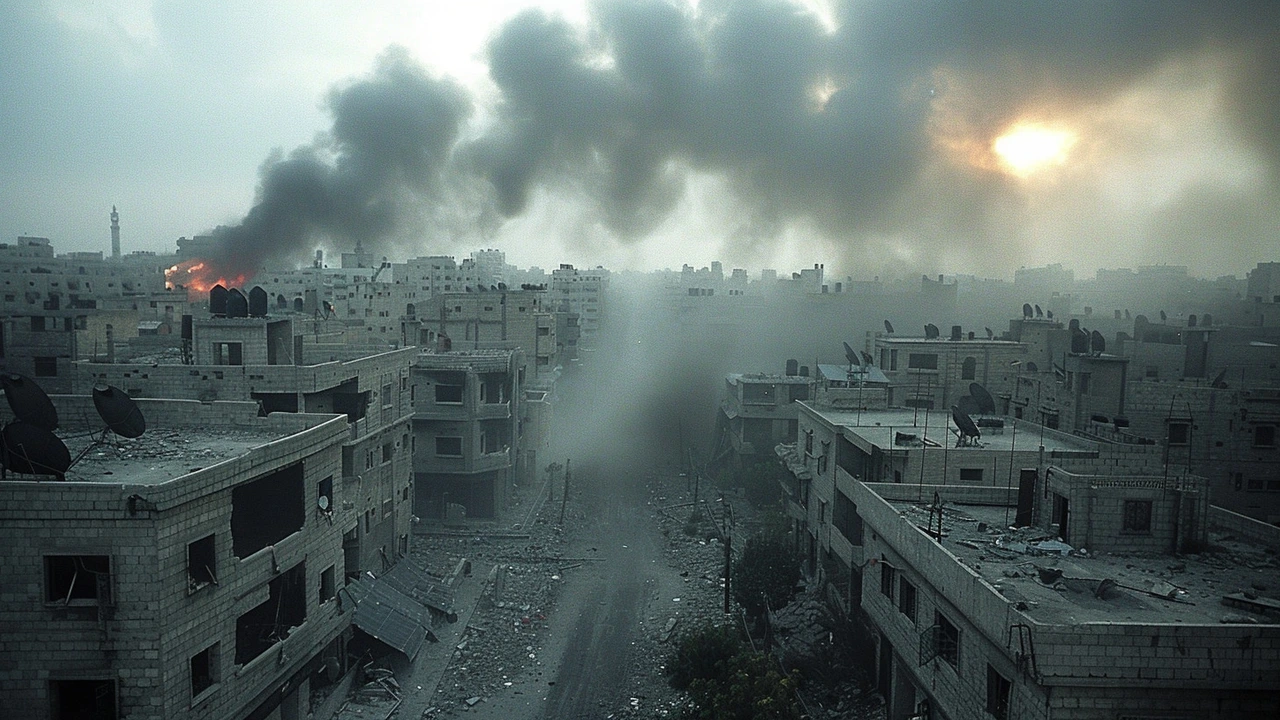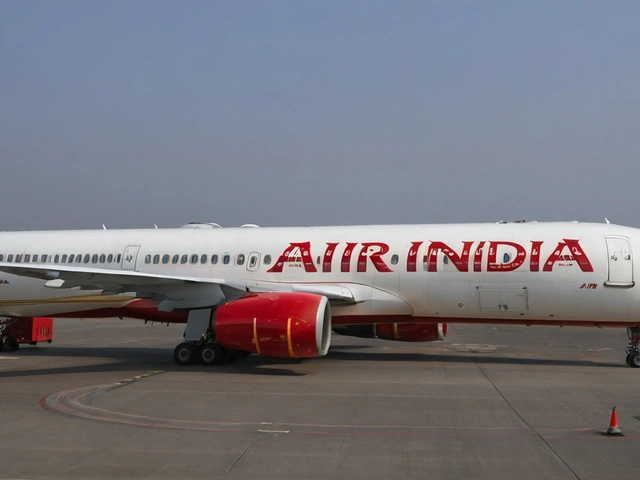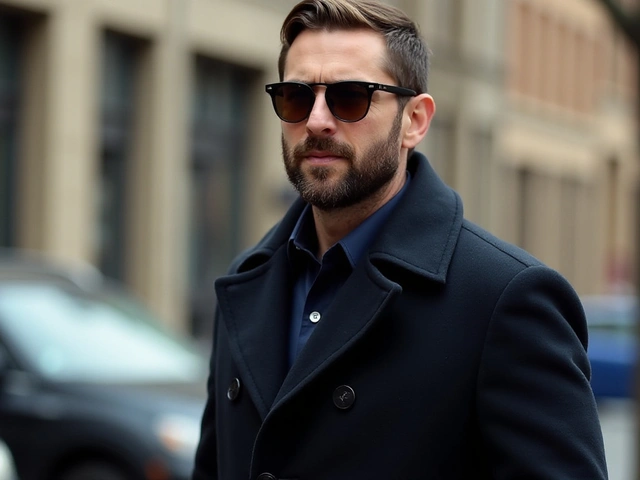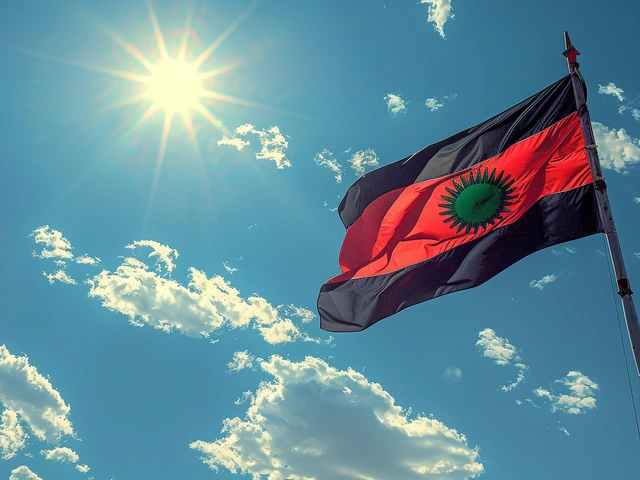
Israeli Tanks Push Through Central Rafah Amid International Pleas to Cease Hostilities
On a tense Tuesday, the city of Rafah witnessed an alarming escalation as Israeli military tanks made a significant push into its center, marking the first such advance since the Israeli Defense Forces (IDF) initiated their operations earlier this month. Eyewitnesses Alaa Abu Ibrahim and Salma AlKadoomi recounted to CNN the harrowing scenes of tanks positioned at the Al Awda roundabout, alongside armored vehicles looming near the Abu Hashem building. This bold incursion into the urban heart of Rafah has intensified the already fraught atmosphere.
According to IDF statements, the operation in Rafah aims to dismantle Hamas's local battalions, which they hold responsible for a recent barrage of rocket launches targeting Tel Aviv. This claim underscores Israel's broader narrative of self-defense, yet it has done little to quell the mounting international outcry. The IDF’s operations have not been without significant repercussions, including the destruction of numerous tunnels along the Philadelphi Corridor, a strategic strip bordering Egypt. This demolition effort has been reportedly carried out with careful coordination with the Egyptian government.
However, the implications of these actions extend beyond mere military maneuvering. Egypt has expressed robust opposition to the operation, a stance fueled by an incident wherein an Egyptian security personnel was tragically killed in a firefight involving Israeli soldiers, Palestinian resistance fighters, and Egyptian security forces. This tragic development has starkly illustrated the delicate balance that regional actors strive to maintain amid the conflict.
The humanitarian toll of the operation has also been staggering. Approximately 1 million Palestinians have been displaced from Rafah, a number that underscores the profound disruption and instability wrought by the conflict. The United Nations, amongst other international entities and European allies, has vociferously urged Israel to adhere to a ruling by the International Court of Justice, which mandates a cessation of military activities in the area. These calls highlight the broader global condemnation facing Israel amidst its ongoing offensive.
Israeli Prime Minister Benjamin Netanyahu, in a rare moment of introspection, acknowledged the tragic loss of civilian lives due to an erroneous Israeli strike on a camp harboring Palestinians in Rafah. This admission of a 'tragic error' has prompted the IDF to launch a thorough investigation, aiming to parse out the specifics of the incident and potentially mitigate the fallout.
The international community's reaction has also encapsulated the delicate geopolitical dynamics at play. The Biden administration in the United States has issued a stark warning to Israel, advising against a full-scale ground invasion of Rafah unless the safety of civilians can be unequivocally ensured. This cautionary stance underscores an ever-present threat to halt American weapons shipments to Israel, should the conflict escalate without considerations for human welfare.
The situation in Rafah remains a poignant reflection of the broader Israeli-Palestinian conflict, a decades-long struggle marred by cycles of violence, displacement, and tenuous ceasefires. The recent escalation and subsequent international responses illuminate the perennial challenges of seeking peace in a region where historical grievances and geopolitical interests frequently collide.
As the tanks roll through Rafah’s streets and the international community watches with bated breath, the human cost continues to mount. Stories of displaced families, lives upended, and communities torn apart add a somber backdrop to the strategic and military dialogues. In this multifaceted crisis, every move carries profound implications, not just for the immediate stakeholders, but for the broader tapestry of Middle Eastern politics and international relations.
The IDF’s operations are viewed by many as a necessary measure to ensure security and stability in the face of what they describe as an imminent threat posed by Hamas. Yet, for the residents of Rafah and the surrounding areas, these military maneuvers translate to an everyday reality fraught with uncertainty, fear, and loss. The road ahead is uncertain, but what remains clear is the urgent need for a diplomatic resolution that addresses both security concerns and humanitarian imperatives.





